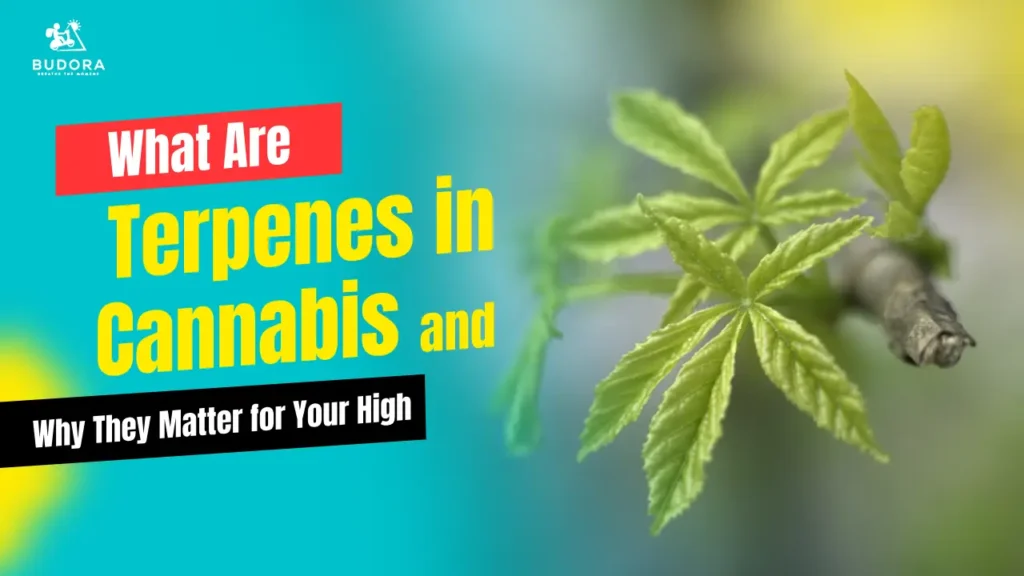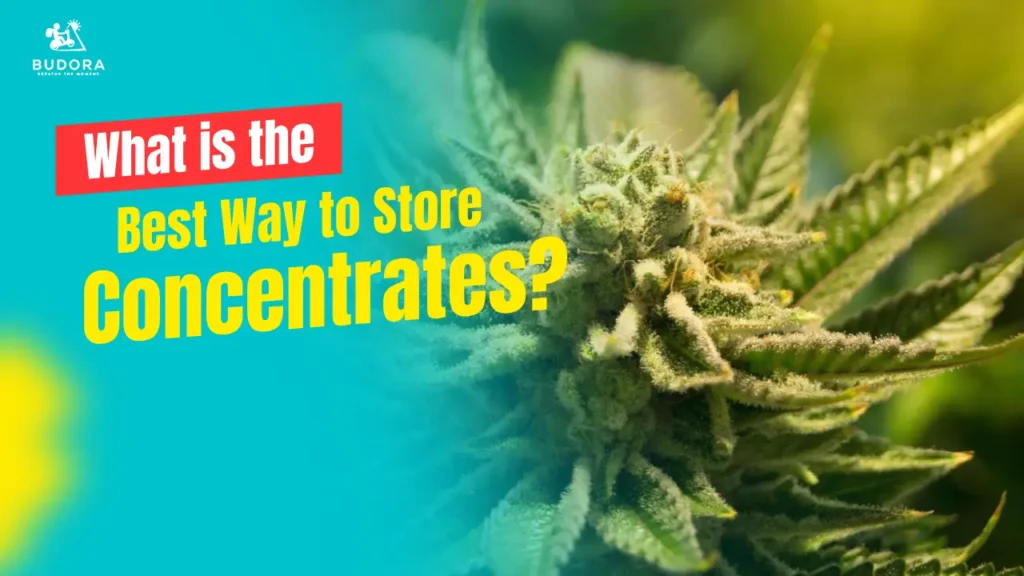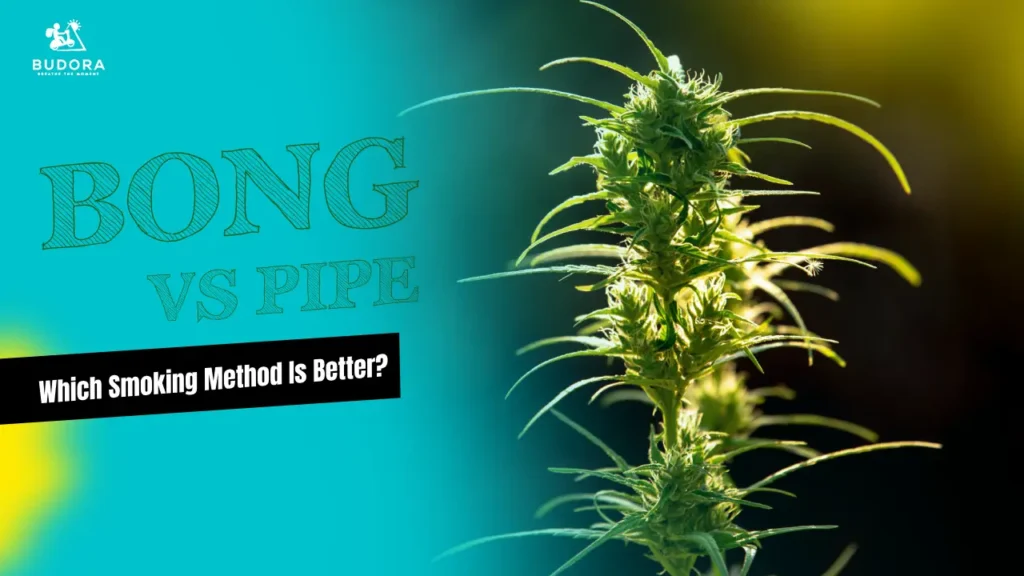Explore The Benefits of Hemp
- Budora
- Cannabis WeedBlogs
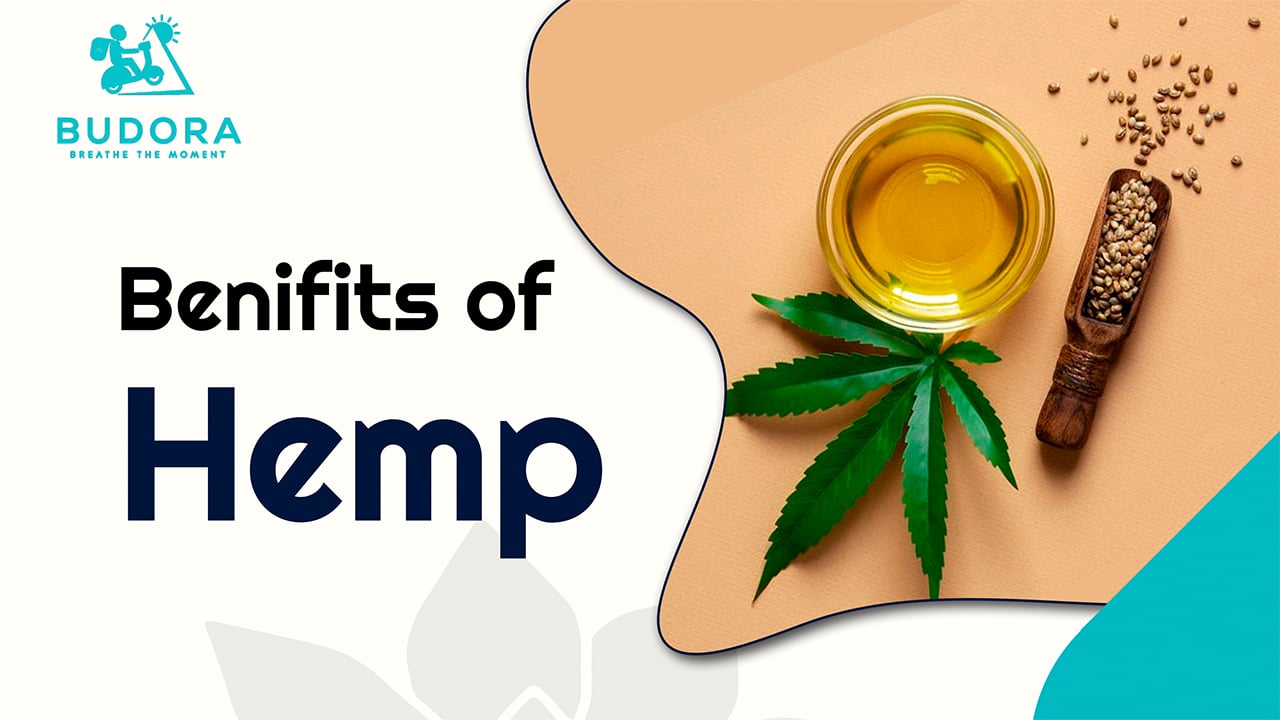
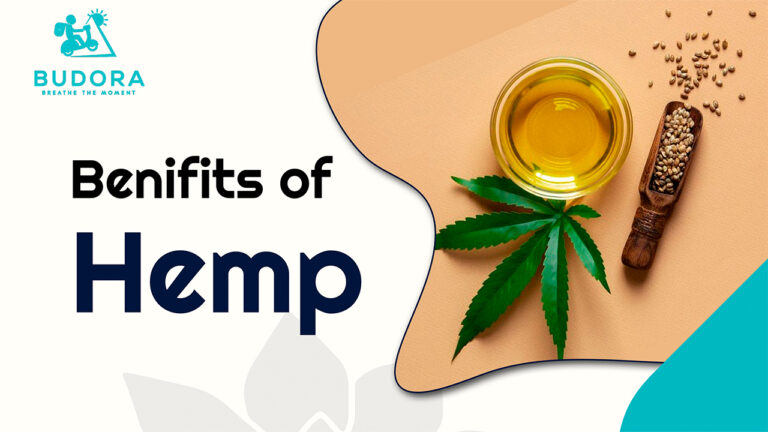
Hemp is quickly becoming one of the most talked-about natural resources, and not without reason. Used for centuries across cultures for textiles, nutrition, and wellness. Hemp is now available in oil also. At Budora, we can buy a renowned brand of Orenda Botanicals, which is useful for sustainability, physical health, and innovation. With the global shift toward eco-friendly living and plant-based solutions, this humble plant is making a powerful comeback. Zig Zag Organic Hemp is Budora’s popular product in the competition.
In this post, we’ll explore the top benefits of hemp, how it’s different from marijuana, and why it’s being hailed as a game-changer across industries.
Key Highlights
- Hemp is a versatile, non-psychoactive cannabis plant rich in protein, essential fatty acids, fiber, vitamins, and minerals, making it highly beneficial for nutrition and health.
- Beyond nutrition, hemp supports sustainable agriculture, reduces carbon emissions, and offers eco-friendly alternatives in textiles, construction, and skincare.
- Unlike marijuana, hemp contains less than 0.3% THC, making it legal and safe for widespread industrial, nutritional, and wellness uses worldwide.
What is Hemp?
Hemp (Cannabis sativa L.) is a non-psychoactive variety of the cannabis plant cultivated primarily for industrial and nutritional use. Unlike marijuana, hemp contains less than 0.3% THC (the compound responsible for the “high”), making it safe, non-intoxicating, and legal in many parts of the world.
Hemp is incredibly versatile — its seeds, fibers, and oils can be used in food, supplements, clothing, paper, construction, and more. It’s also praised for being environmentally friendly due to its fast growth and minimal pesticide needs.
Top Benefits of Hemp
Nutritional Benefits of Hemp
- strong>Rich Source of Plant-Based Protein:Hemp seeds are a complete protein, containing all nine essential amino acids. This makes them an excellent choice for vegetarians and vegans seeking alternative protein sources from trusted plant-based protein products at Budora. Additionally, hemp protein is highly digestible, ensuring efficient nutrient absorption.
- Abundance of Essential Fatty Acids:Hemp seeds boast a perfect 3:1 ratio of omega-6 to omega-3 fatty acids, promoting cardiovascular health. These essential fats support brain function, reduce inflammation, and contribute to overall well-being.
- strong>High Fiber Content: Whole hemp seeds are rich in both soluble and insoluble fiber, aiding in digestion and promoting gut health. Regular consumption can help regulate blood sugar levels and support a healthy digestive system.
- strong>Packed with Vitamins and Minerals:Hemp seeds are a good source of vitamin E, magnesium, phosphorus, potassium, and iron. These nutrients play vital roles in immune function, bone health, and energy production.
Health Benefits of Hemp
Supports Heart Health:
The combination of healthy fats, fiber, and plant-based protein in hemp seeds contributes to heart health by reducing cholesterol levels and improving blood pressure.
Alleviates Skin Conditions:
Hemp seed oil is known for its anti-inflammatory properties, making it beneficial for skin conditions like eczema and psoriasis. Its moisturizing qualities help soothe dry and irritated skin.
Reduces Inflammation:
The gamma-linolenic acid (GLA) found in hemp seeds has been shown to reduce inflammation, which may help with conditions like arthritis and other inflammatory diseases.
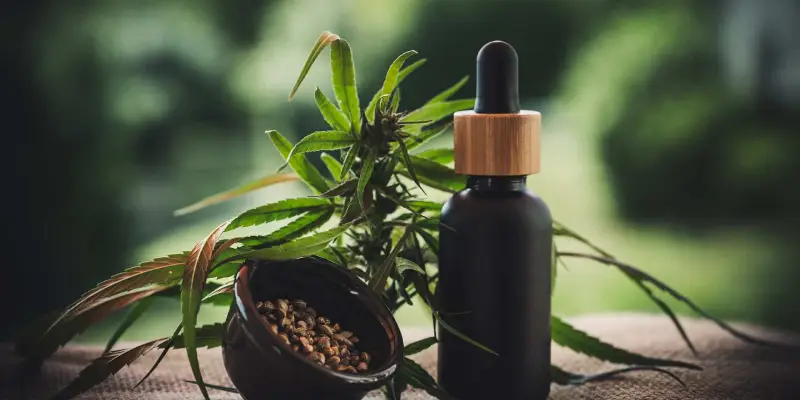
Industrial and Environmental Benefits
- Sustainable Agriculture: Hemp grows rapidly and requires minimal pesticides, making it an environmentally friendly crop. Its deep roots help prevent soil erosion and improve soil health.
- Versatile Industrial Applications: Hemp fibers are used in textiles, paper, biodegradable plastics, and construction materials like hempcrete. These applications offer sustainable alternatives to traditional materials.
- Carbon Sequestration:Hemp plants absorb more CO₂ per hectare than many other crops, contributing to carbon sequestration and combating climate change.
These hemp-based bioplastics have potential uses in various industries.
Hemp vs. Marijuana: What’s the Difference?
Although hemp and marijuana come from the Cannabis sativa plant species, their chemical makeup, uses, and legal status set them apart.
- The biggest difference lies in THC (tetrahydrocannabinol) — the psychoactive compound that causes the “high.”
- Marijuana, on the other hand, contains high levels of THC, often ranging from 5% to 30%, making it psychoactive.
- Hemp is widely used in nutrition, skincare, textiles, construction, and wellness products (like CBD oil).
- Marijuana is used primarily for recreational and medical purposes, where permitted.
- Hemp plants are typically taller and thinner with sparse leaves.
- Marijuana plants are shorter, bushier, and have broader leaves.
Popular Hemp Products and Their Everyday Uses
Hemp is incredibly versatile, and its products are making waves across industries — from health to construction. Here are the most popular ones:
Hemp Seeds & Protein Powder
Packed with omega-3s, fiber, and protein, hemp seeds are a nutritious addition to smoothies, salads, and snacks.
Hemp Oil vs. CBD Oil
Hemp Seed Oil: Extracted from seeds, ideal for skincare and cooking due to its anti-inflammatory properties.
You can learn more about the benefits and uses of hemp seed oil capsules in
this detailed guide.
CBD Oil: Sourced from hemp flowers, often used for anxiety, pain relief, and better sleep without the high.
To find the best options, check out
this comprehensive guide on the best CBD oils for natural relief.
Hemp Clothing & Textiles
Durable and breathable, hemp fabric is used in clothing, accessories, and eco-friendly home goods.
Hempcrete
A sustainable alternative to concrete, hempcrete is lightweight, energy-efficient, and mold-resistant.
Skincare Products
Hemp-infused lotions, balms, and shampoos are popular for hydration, acne care, and calming sensitive skin.
Environmental Benefits of Hemp
Hemp is not just good for us; it’s good for the planet too
Carbon Sequestration
Hemp plants absorb significant amounts of carbon dioxide from the atmosphere, helping to combat climate change. Hemp is a highly efficient carbon sequester.
Soil Health
Hemp’s deep roots help to improve soil structure and prevent erosion.
Reduced Pesticide Use
Hemp is a relatively pest-resistant crop, reducing the need for harmful pesticides. This contributes to sustainable agriculture.
Sustainable Agriculture
Hemp can be a valuable part of crop rotation, improving soil health and reducing the need for fertilizers. It requires less water than some other crops.
How to Choose Hemp Products
Choosing high-quality hemp products is important to maximize their benefits
- For Food: Look for organic certifications, check the ingredient list for additives or fillers, and be aware of potential allergens.
- For Skincare: Choose products with natural ingredients and avoid harsh chemicals, fragrances, and dyes. Look for reputable brands that prioritize quality.
- For CBD Oil: Look for third-party testing and certification of CBD content. This ensures the product’s purity and potency. Research reputable brands and consult with a healthcare professional before using CBD oil, as regulations vary and it may interact with other medications. Explore CBD oil. options that meet these standards.
Conclusion
With its diverse applications and environmental benefits, hemp holds immense potential for a sustainable future. As research continues and regulations evolve, we can expect to see even more innovative uses for this remarkable plant. From food and textiles to building materials and biofuels, hemp is poised to play a crucial role in creating a healthier planet and a more sustainable economy.
FAQs
What is hemp best used for?
What are the benefits of hemp for humans?
Is hemp good for the brain?
Does hemp have any side effects?
What does 100% hemp do to the body?
Like this article?
Budora
OTHER ARTICLES YOU MAY LIKE

